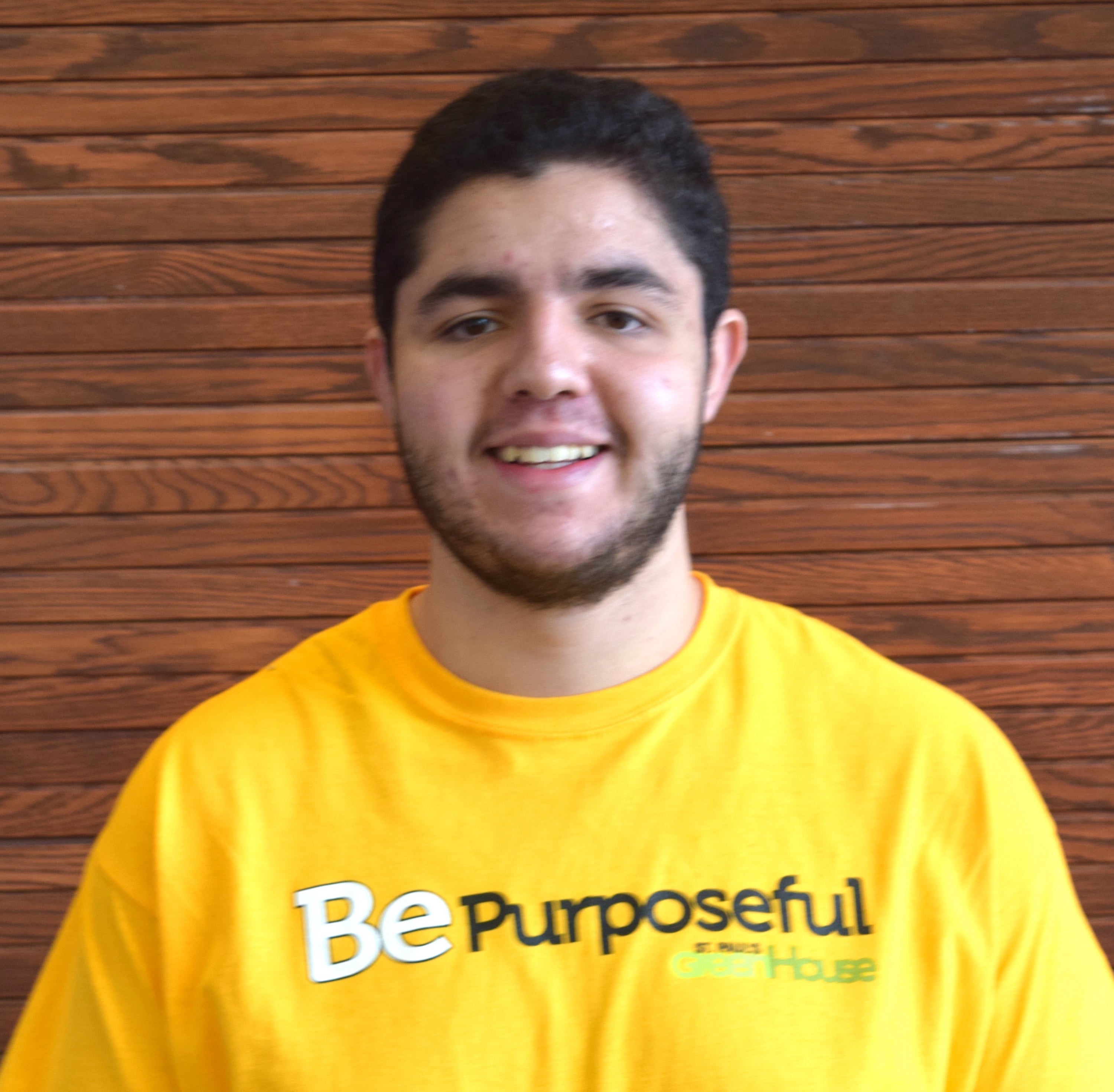
What’s your why?
Bedsores aren’t something people talk much about, but they are surprisingly common, very ugly, and painful. I’ve had a lot of older relatives who have gotten bedsores and it’s a horrible thing to deal with because you can’t do much about it.
There also isn’t a lot of warning — once someone starts to get a bedsore, it is very difficult to treat and often requires surgery. I find it really sad to think that someone who is already struggling with a health condition — whether it’s MS or dementia, or anything that keeps them in bed for long hours — also has to deal with the pain and suffering of bedsores.
It’s also an expensive problem. Although people in the general population don’t tend to know much about bedsores unless it has affected a family member, a full 4 percent of the entire health budget for Great Britain goes to treating bedsores, while bedsores cost $11 billion US annually.
What really inspired me to get involved in coming up with a solution was being part of a Hackathon for Health, where we met with people with dementia and their caregivers. We learned that people with dementia worry about bedsores because they never know if or when it will happen. I decided we could figure out a better solution.
What’s the problem you are solving?
After the Hack for Health event, we formed a team who were interested in bedsore prevention. We developed a design for an integrated compression mattress, a mattress that could also communicate real-time data to healthcare providers, with constant updates on a patient’s health and wellbeing.
I was at St. Paul's GreenHouse in the winter 2016 term, where we worked hard to make sure our product was a good solution to the problem. We also established our company, Curiato (the name combines curiosity and innovation). We have met with a wide variety of advisors who have opened doors for us and advised us as we’ve developed our design.
This summer, we are building a prototype model and developing partnerships with funders. We entered our design in the Waterloo-Wellington Clinical Research and Quality Improvement Symposium, where we were awarded best tech innovation.
What keeps you up at night?
Bedsores affect certain populations more than others. In countries like where I’m from, in Libya, I’ve seen people go into hospital and come out two weeks later with several bedsores. People who don’t have a good support system are also at risk — and those people often don’t have a voice to speak up about their problems. We want to prevent this as much as possible. As we have studied this issue, we’ve realized that there are so many innovations like ours that can make a huge difference to the quality of life of patients. That’s what we’re working toward.
What we need to make this happen, though, is a broader team. With the scale of our project, we need people with different skill sets: Data scientists, programmers, UI designers, engineers, etc. The biggest issue is finding passionate people who share our passion.
And a lot comes down to money. Determination and passion will only take you so far; money expedites everything. One of our goals this summer is to raise the $80,000 we need to build our prototype.
We also want to raise awareness and change the way people think about bedsores. Too often, people just accept that bedsores will happen, but a lot of the new technology we’re incorporating means that it won’t have to be the norm anymore.
- by Susan Fish